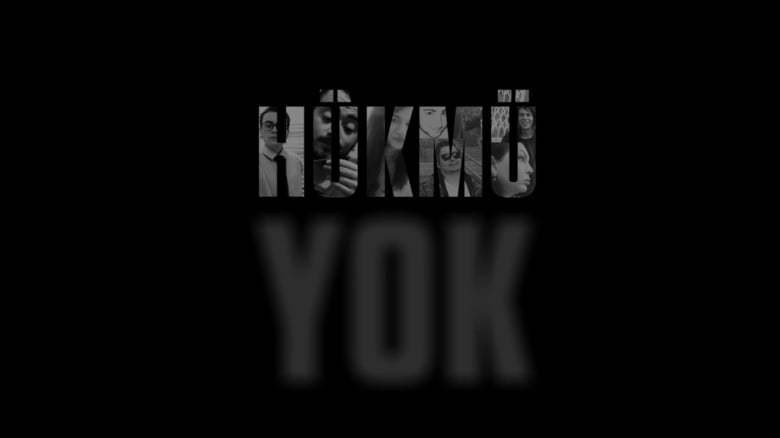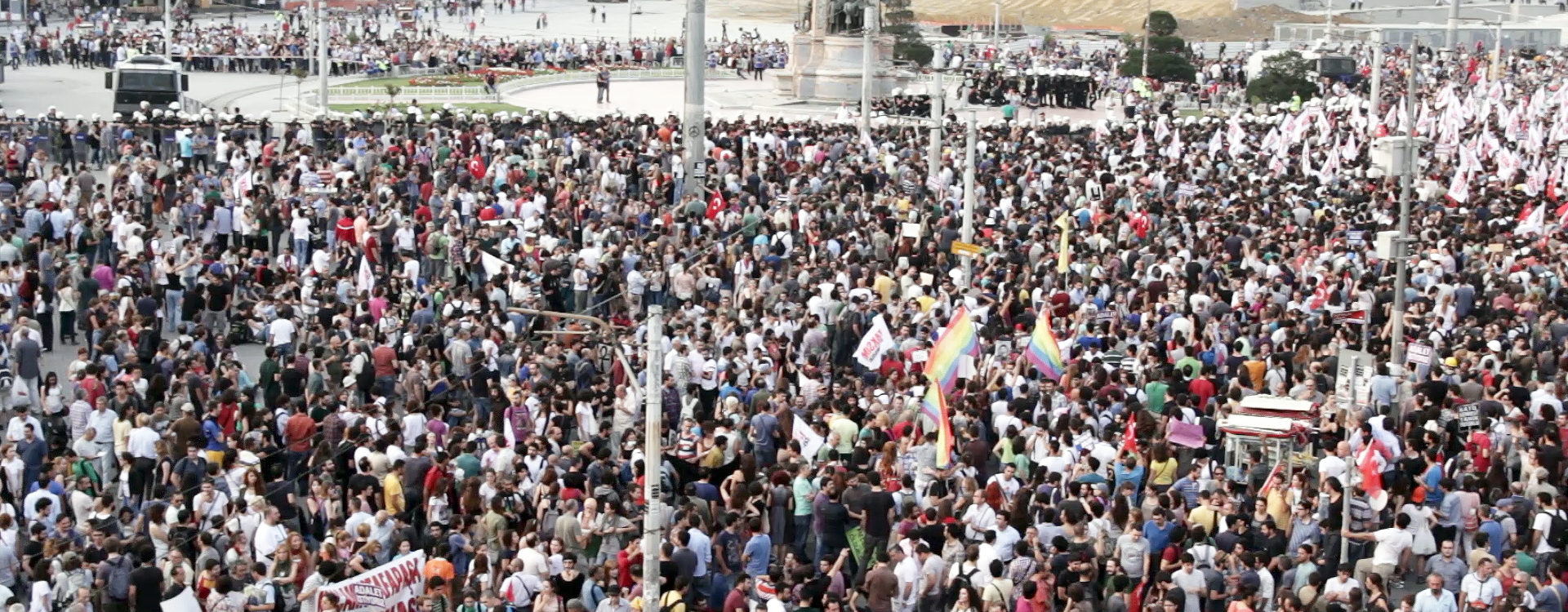Quelle est la dernière image, parvenant de Turquie dont vous vous souvenez? Est-ce une photo d’Erdogan à la une d’une chaîne d’info, suivi de 37 secondes bien organisées pour mettre en avant la supériorité diplomatique de l’U.E – sans ironie – ? Est-ce une vidéo de Gezi, qui date déjà mais qui vous rappelle un combat dans un des lieux les plus emblématiques d’Istanbul? Ou une image à vous, un voyage, un souvenir?
Avec Je t’interpelle dans la nuit, nous vous invitons à découvrir d’autres images. Images en recherche, en mouvement, qui explorent des formes afin de pouvoir créer un contre-discours: celui de ceux qui ont trop vu d’images d’Erdogan à la une des médias, celui des héritier.e.s de Gezi, celui de ceux qui veulent partager leurs images à eux.
Créés dans une économie qui ne les soutient pas, ces films sont tous le résultat d’un désir des réalisateur/ices de poser des mots et des images sur des situations de violences quotidiennes et de trouver des réponses. Drôles, tendres, tristes ou en colère, ces réponses sont autant de façons de nous interpeler sur nos manières de regarder, d’aimer et de résister. A la manière d’Asli Erdogan dans Je t’interpelle dans la nuit, les réalisateurs/rices n’ont « pas de remèdes ni pour la société, ni pour (eux)-mêmes, ni pour la vie » mais continuent de questionner et d’espérer.
En partenariat avec Les films sur la comète et l’Ambassade du Turfu.
La programmation se prolonge à l’Ambassade du Turfu (3, rue Raymondino, 13003) le samedi 23 juin à 18h avec un ciné-club spécial.
> En savoir plus
Biraradayız (Ensemble)
d’Artıkişler Kolektifi et Ömer Şamlı – 2018, 1‘25, VOstFR
Round Up the Usual Suspect
de Hatice Güleryüz – 2012, 6‘25, VOstFR
“The organization of a strict institution meant to function quickly and almost without thinking, an organization of individuals who have to act like one body in relation to which each individual is but one member or one organ, tends to create its own symbolic code. In such an institution language cannot and ought not be the only tool of communication. There have to be other systems of signals and signs in order to address the immediate response of the subjects. Such an organization is the Police. In the Police dress functions as a code of hierarchy. Colors and signs indicate the rank of each member without words.
By filming these color codes of the Police the artist’s eye is able to discover one origin of the pure abstract language of color and sign outside of the established realm of art. Art also still is the exploration of art’s origin outside the institution of art. The camera is exploring white caps and gloves, uniform jackets in green and black, in beige and red; almost like an invisible mouse the camera’s eye is sneaking through the rows and rows of posing Police. In this new frame the Police is reinvented as ornament. Carefully crawling upwards all the way from the proud white galoshes to the severe faces, almost licking the chests in uniform this camera is exposing the abstract game of power staged by the means of form and color. The closer the zoom gets the more obvious the mental distance grows. If we were to guess who has been filming this abstract display of collective prowess, this ballet of masculinity, we would have to exclude a lot of possibilities in order to come to a very specific result. This shameless curiosity for the signs of male display, this almost childlike, naive, slightly frivolous voyeurism does indicate a female yet quite contemporary eye. If we as Europeans consider our own relation to public appearances of army and police we’ve reached a state of alienation that even excludes critical exposure. “Round up the Usual Suspects”, the title in itself indicating an ironic distance, the main subject is a Turkish police parade.
Accompanied by two music pieces, the first being a typical military brass band, the rhythm of the images between close-ups and totals is in easy flow. The rich reddish colors show a saturated southern afternoon light and a “filmy” grain. One handsome young policeman seems to almost flirt with the camera. The athletic exercises on motorcycle, the otherwise ostentatious display of aiming a pistol at full speed is introducing a comic aspect. The comic element the subject involuntarily displays when framed differently the last scene consciously produces by editing. A man is pacing a sports stadium with a microphone, children behind the security fence greet him – they are supposed to be his protégés – yet they look imprisoned. The whole sequence is shown in slow motion; and we hear a sentimental Turkish song that has been recorded with a lot of technical disturbances. The policeman is equaled with an entertainer, whose kitschy song sounds like a far away echo – the echo of unquestioned show-off authority.”
— Katherina Zakravsky

Hükmü Yok (Vide)
d’Asya Leman – 2017, 12‘55, VOstFR
A short docudrama presenting transgender and queer experiences regarding the conflict generated by mandatory presentation of ID card.

#direnayol
de Rüzgâr Buski – 2016, 55‘20, VOstFR
In 2013, Rüzgâr sets out to make a documentary about a close friend Şevval, a trans LGBT activist. The timing of the documentary coincides with a transformational moment in Istanbul during the 2013 Gezi Park protests and the subsequent Pride march. The documentary shifts focus and we travel the streets meeting many activists instead of one, and get a sense of LGBTI activists’ contribution to the protests; we feel their exuberance, their hopes, and share their sense of humor. #resistayol is a fresh, exuberant documentary that reminds us of the many lively colors of human living.

Trouver la salle de cinéma
Videodrome 2
49 Cours Julien
13006 Marseille
Voir le plan d’accès
Les tarifs des séances cinéma
Adhésion annuelle indispensable à l’association
à partir de 3€
5€ la séance
2€ pour les moins de 14 ans
2€ pour les séances jeune public
La carte RAGE + adhésion annuelle
:: VIDÉOCLUB : 3 films pour 7 jours
:: CINÉMA : accès illimité à toutes les séances hors séances spéciales et festivals
100€ (payables en trois fois par chèque)
La carte SCANNERS + adhésion annuelle
:: CINÉMA : accès illimité à toutes les séances hors séances spéciales et festivals
80€ (payables en trois fois par chèque)
La carte 10 séances + adhésion annuelle
40€
Ouverture de la billetterie 30 minutes avant le début de chaque séance
Voir le programme complet des séances cinéma

